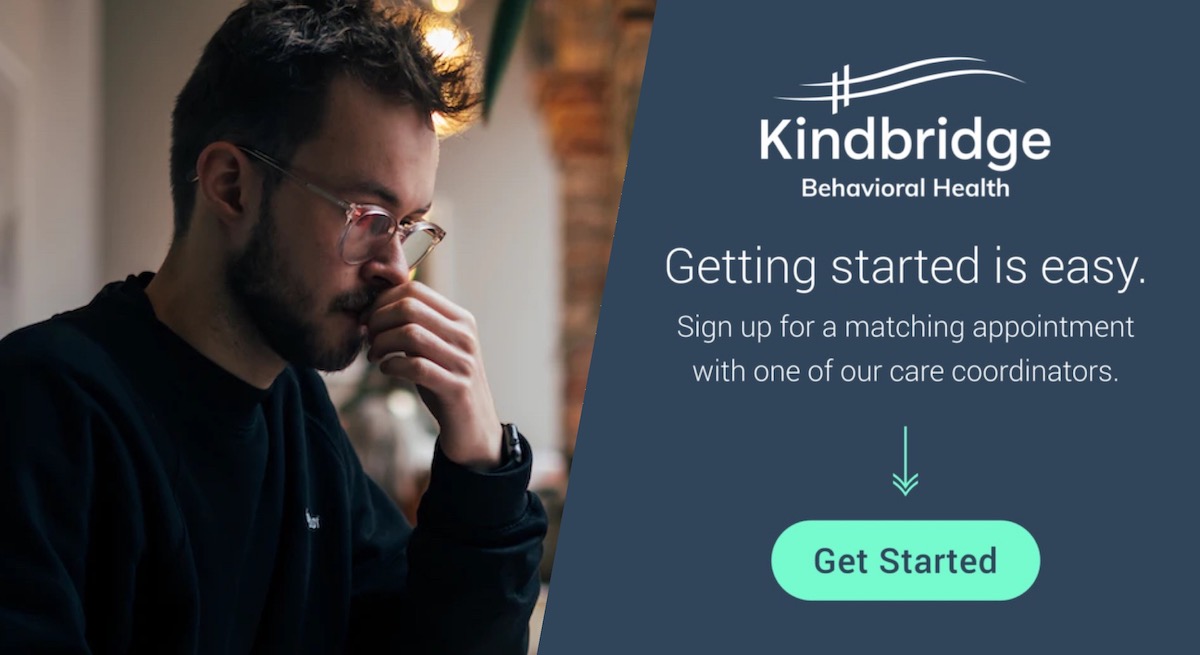At press, NFL and college football is in full swing with the NBA and NCAA basketball seasons looming around the corner. It used to be an exciting time of the year for you, as it marked an era when you would gather with friends and family to cheer on your favorite teams. At some point, you made a few friendly wagers with buddies until eventually it became more frequent. When that wasn’t enough for you, you turned to unregulated sportsbooks to place bets on games. Then, in 2018, the US Supreme Court removed the federal ban on the activity which flung the doors wide open to sports betting across America. The daily fantasy sports sites (which are arguably gambling anyways) that you used to help get your “fix” quickly offered fully functional sports betting platforms. And just like that online gambling became as synonymous with game-day viewing as a pitcher of beer and bowl of Doritos. You are now a part of the estimated 65 million Americans bet on sports.
And yet, you feel completely and utterly alone.
Why does this feeling wash over you when surrounded by those you care about and engaged in an activity that used to bring so much joy? You already know the answer. The feeling of isolation amongst others is common for those who habitually gamble on sports. It is often accompanied by feelings of anxiety, stress, and depression which can make it hard to hide from the gang as you gather around the TV. It was easier to do so when you made moneyline bets on a win-or-lose outcome because then you would celebrate wins and losses in the same way that your buddies would. But as you became an intermediate or advanced sports bettor you started to engage in spread betting. This made a win/loss less relevant given that your stake was tethered to whether or not your team covered the spread. You now desperately attempt to hide the feeling of drowning when your gang’s team wins but doesn’t cover. You do the same for fleeting feelings of jubilation when the team loses but you cover the spread on your wager. Consequently, you find yourself sandwiched between others on the sofa or barstool feeling isolated.
However, despite feeling this way amongst the 231 million of Americans who identify as sports fans, including the well over 60 million of them who are casual sports bettors, you are not alone. Approximately 3.3 million Americans have a severe gambling problem. For you, them, and millions of others gambling has ruined the once innocent love affair with sports. Social media influencer Rob Minnick who has made it his mission to spread the word about problem gambling to young adults (who are extremely vulnerable) recently shared the same sentiment about gambling isolation in a recent post:
Rob Minnick’s journey began the about same as of millions of others who currently have a problematic relationship with sports betting, yourself included. Thankfully, his path led him to an understanding that he suffered from gambling disorder. In coming to terms with this, Rob was able to turn his life around and has since dedicated himself to helping others. Understanding that recovery cannot be effectively achieved alone, Rob has connected to Kindbridge Behavioral Health as a recommended vessel to recovery for members of his audience who need support for themselves or their loved ones.
Do you feel alone amongst family and friends on game day because of your relationship with sports betting? If so, you have an ally in Kindbridge Behavioral Health.
Does Gambling Make You Feel Isolated?
CALL +1 (877) 426-4258
OR


